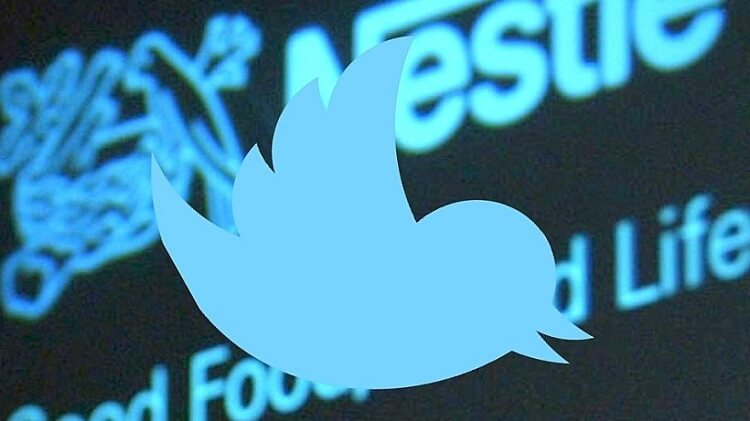Justine Sacco’s nightmare before christmas
Don’t joke about something on Twitter, that should never been joked about. This can quickly lead to a Twitter nightmare. That is what happened to Justine Sacco, a senior P.R. person for corporate giant IAC, tweeted “Going to Africa. Hope I don’t get AIDS. Just kidding. I’m white!”
The tweet went viral, garnering countless retweets, angry responses, and a meager amount of defenses of Sacco’s edgy humor. Meanwhile, Sacco was shielded from the Internet on an international flight, completely unaware that she would be infamous by the time she landed and that her employer had informed the media that it was taking the “appropriate action.”:
This is an outrageous, offensive comment that does not reflect the views and values of IAC. This is a very serious matter and we are taking appropriate action, the IAC stated.
Her account has now been shut down and Justine Sacco is no longer with IAC.
The offensive comment does not reflect the views and values of IAC. We take this issue very seriously, and we have parted ways with the employee in question, the company said in a statement.
After Sacco’s tweet, someone created a website justinesacco.com, linking a coalition of charities that benefit sub-Saharan Africa.
This is how fast a normal person can become an infamous world-wide celebrity. While her account was a personal one, it’s a reminder that on public platforms like Twitter, our actions remain tied to our employers, especially if they’re mentioned in your bio. But this isn’t the first case – CNN’s senior editor of Middle Eastern affairs, Octavia Nasr, was shown the door after sending a tweet that expressed respect for the Shiite Fadlallah.
Update: Justine Sacco has issued an apology:
Words cannot express how sorry I am, and how necessary it is for me to apologize to the people of South Africa, who I have offended due to a needless and careless tweet.
Editor’s note: Main picture from the movie “The Nightmare Before Christmas“
Short URL & title:
Twitter nightmare before Christmas — https://www.torbenrick.eu/t/r/vyv
Share it:
If you enjoyed this article, please take 5 seconds to share it on your social network. Thanks!










We have to get use to navigate in a much more transparent environment, leaders and employees alike. I think that this case should lead to reflection in many companies: Have we got a social media policy? And are we training our employees and leaders to navigate in a transparent environment?
The most risk averse solution would be not to allow any link between personal profiles and the organization. However, many good things comes from social media as well and a strict top down cooperate communication strategy does not provide us with the agility needed in todays world.
In 1999 the American Marine Corps general Krulak wrote a paper on the challenges of the modern battlefield. In it he coined the concept of “the strategic corporal”. In short: The actions or misbehaviour of a small group of soldiers (employees) can change the outcome of the entire battle.
How do we cope with that? We prepare our employees by constantly promoting the organization’s purpose and values and from time to time we remind them about the transparent world we live in. However, if we do things right transparency is not a problem, we might even benefit from it. Good stories also spread. And the best ambassadors any organization has are its employees.